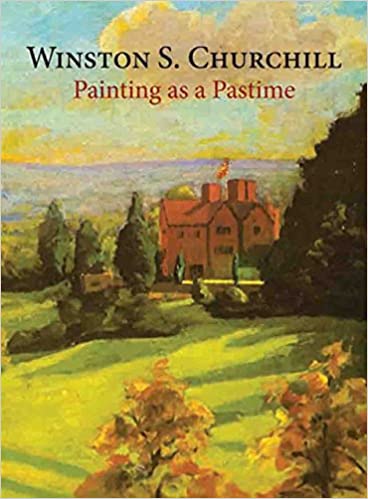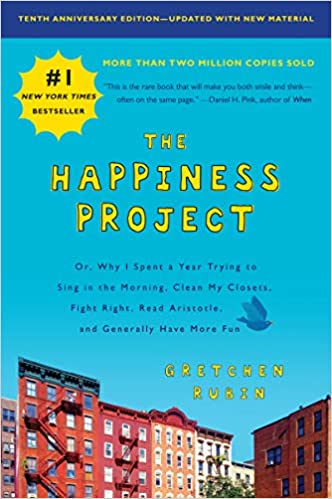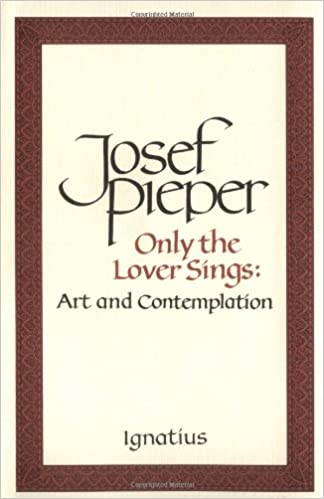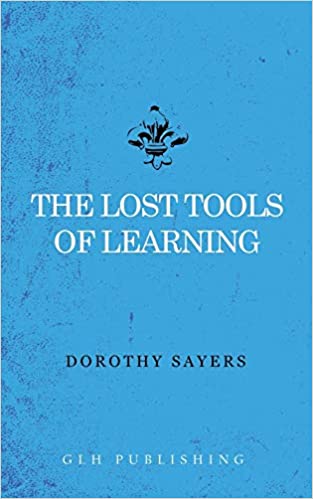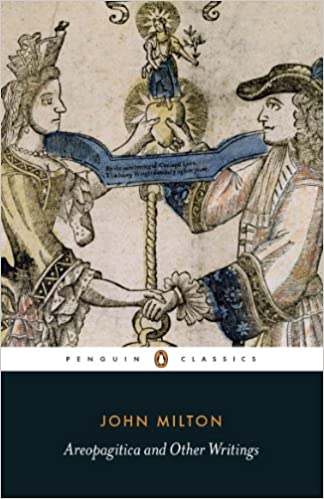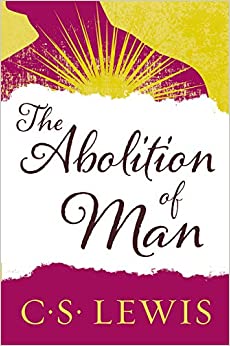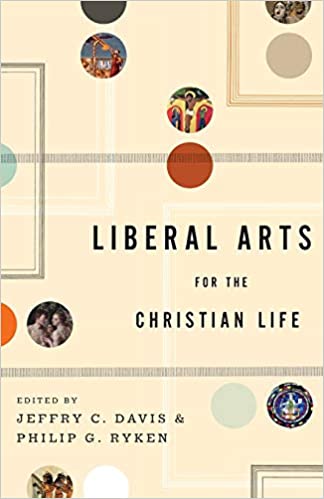Painting As a Pastime
The perfect antidote to his 'Black Dog', a depression that blighted his working life, Churchill took to painting with gusto. Picking up a paintbrush for the first time at the age of forty, Winston Churchill found in painting a passion that was to remain his constant companion. This glorious essay exudes his compulsion for a hobby that allowed him peace during his dark days, and richly rewarded a nation with a treasure trove of work.
More info →Orthodoxy
Orthodoxy (1908) is a book by G. K. Chesterton that has become a classic of Christian apologetics. Chesterton considered this book a companion to his other work, Heretics.
In the book's preface Chesterton states the purpose is to "attempt an explanation, not of whether the Christian faith can be believed, but of how he personally has come to believe it." In it, Chesterton presents an original view of Christian religion. He sees it as the answer to natural human needs, the "answer to a riddle" in his own words, and not simply as an arbitrary truth received from somewhere outside the boundaries of human experience.
More info →The Happiness Project: Or, Why I Spent a Year Trying to Sing in the Morning, Clean My Closets, Fight Right, Read Aristotle, and Generally Have More Fun
Gretchen Rubin had an epiphany one rainy afternoon in the unlikeliest of places: a city bus. “The days are long, but the years are short,” she realized. “Time is passing, and I’m not focusing enough on the things that really matter.” In that moment, she decided to dedicate a year to her happiness project.
In this lively and compelling account—now updated with new material by the author—Rubin chronicles her adventures during the twelve months she spent test-driving the wisdom of the ages, current scientific research, and lessons from popular culture about how to be happier. Among other things, she found that novelty and challenge are powerful sources of happiness; that money can help buy happiness, when spent wisely; that outer order contributes to inner calm; and that the very smallest of changes can make the biggest difference.
More info →Only the Lover Sings: Art and Contemplation
The popular and highly regarded Pieper speaks of the necessity for human persons to be able to contemplate and appreciate beauty to develop their full humanity. Pieper expresses succinctly that the foundation of the human person in society is leisure, free time in which one can contemplate, be receptive to being and its beauty.
More info →The Lost Tools of Learning
This book was originally given as a talk by Dorothy Sayers at Oxford University in 1947 on the benefits of a classical education for children. It is great brief introduction to the advantages of a classical education.
More info →Aeropagitica
From Amazon:
"John Milton was celebrated and denounced in his own time both as a poet and as a polemicist. Today he is remembered first and foremost for his poetry, but his great epic Paradise Lost was published very late in his life, in 1667, and in his own time most readers more readily recognized Milton as a writer of prose. This superbly annotated new book is an authoritative edition of Milton’s major prose works, including Of Education, The Tenure of Kings and Magistrates, and the Divorce tracts, as well as the famous 1644 polemical tract opposing licensing and censorship, Areopagitica."
The Abolition of Man
From Amazon: "In the classic The Abolition of Man, C.S. Lewis, the most important Christian writer of the 20th century, sets out to persuade his audience of the importance and relevance of universal values such as courage and honor in contemporary society. Both astonishing and prophetic, The Abolition of Man is one of the most debated of Lewis's extraordinary works. National Review chose it as number seven on their 100 Best Nonfiction Books of the Twentieth Century."
More info →Liberal Arts for the Christian Life
For over forty years, Leland Ryken has championed and modeled a Christian liberal arts education. His scholarship and commitment to integrating faith with learning in the classroom have influenced thousands of students who have sat under his winsome teaching. Published in honor of Professor Ryken and presented on the occasion of his retirement from Wheaton College, this compilation carries on his legacy of applying a Christian liberal arts education to all areas of life.
Five sections explore the background of a Christian liberal arts education, its theological basis, habits and virtues, differing approaches, and ultimate aims. Contributors including Philip Ryken, Jeffry Davis, Duane Litfin, John Walford, Alan Jacobs, and Jim Wilhoit analyze liberal arts as they relate to the disciplines, the Christian faith, and the world. Also included are a transcript of a well-known 1984 chapel talk delivered by Leland Ryken on the student’s calling and practical chapters on how to read, write, and speak well.
Comprehensive in scope, this substantial volume will be a helpful guide to anyone involved in higher education, as well as to students, pastors, and leaders looking for resources on the importance of faith in learning.
More info →
